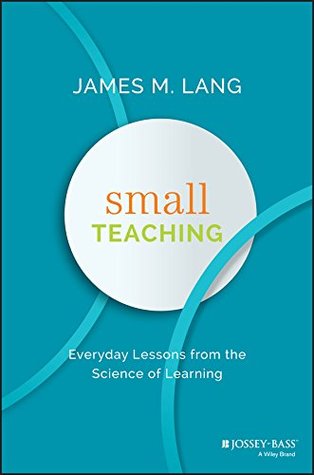More on this book
Community
Kindle Notes & Highlights
Read between
July 27 - August 3, 2019
Asking them to drill the same tasks over and over again puts them on autopilot and prevents them from refining and further developing their skills in the way that experts continually do.
Langer defined a mindful approach to learning as having three characteristics: “the continuous creation of new categories; openness to new information; and an implicit awareness of more than one perspective”
Unpack Your Assessments
Your first task is to analyze your assessments and to break them down into the various cognitive tasks that they will require of your students and to understand for yourself the priorities that you assign to those tasks when you grade the assessments.
Good students, in other words, may naturally self-explain more than weaker students; however, we can still help those weaker students by prompting self-explanations.
Use peer instruction with personal response systems and three key steps: students provide an answer, pause and explain it to their neighbors, and then revise their answers.
In all forms of self-explanation prompts, push students to tie their knowledge of information, principles, theories, and formulae to the specific task they are completing.
George Orwell wrote, “The energy that actually shapes the world springs from emotions” (Orwell 1968, p. 141).


